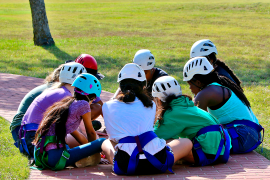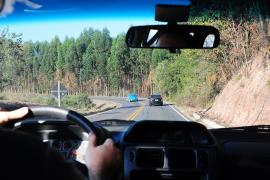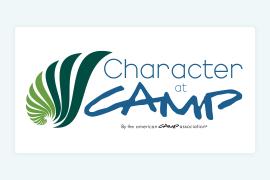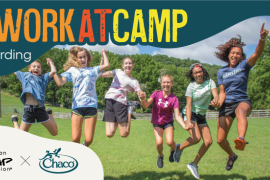Guest post by Lance Ozier
Summers have always belonged to children, and the traditionally fun activities that kids enjoy while on vacation at camp might not seem to have any relationship to the skills needed to be successful in school and beyond. After all, most camps are not summer study programs — camps have always served as respites from school, as an oasis from the textbooks and homework associated with the classroom. But as recent research suggests, the seemingly fun and playful activities that engage kids at camp not only serve as important skill builders that mitigate “summer learning loss”; these camp experiences also develop what economists call “noncognitive” factors known to be predictors of life success.
As we drive at full speed into a new school year, and the memory of summer camp fades in the rear view, it seems apropos to recognize the complementary ways in which both school and camp shape the lives of children and young adults. The adoption of Common Core State Standards in almost every state is a clear indication that policy makers are addressing the need for students to analyze rather than memorize in order to equip the next generations with the 21st-century learning skills required of them in college and careers. These new standards, and the assessments being developed to measure them, will focus less on what kids know and more on how they can use their knowledge in new and different situations. For over 150 years, camps have provided landscapes of learning for generations of campers the old fashioned way, and camps now have the opportunity to lead by leaning into the future and continuing to give kids the space to practice what they learn and opportunities to explore ways of making sense of what they know in new and different ways.
A 2012 report on the role of noncognitive factors in shaping school performance issued by the University of Chicago Consortium on Chicago School Research identified behaviors, attitudes, and strategies that are critical for success in school and in later life. These factors included attendance, work habits, time management, help-seeking behaviors, self-control, persistence, and social problem-solving skills that allow students to successfully manage new environments and meet new academic and social demands. To anyone who knows the power of the summer camp experience, this list sounds very familiar. In fact, ACA has conducted important studies with conclusions aligning closely with this list of noncognitive factors — 3,395 families whose child attended one of eighty different day or resident summer camps measured growth from precamp to postcamp surveys in four domains: positive identity, social skills, physical and thinking skills, and positive values.
Now, more than ever, by simply getting better at what we already do, summer camps are well positioned to be a leader in the rapidly changing educational climate by preparing learners who will make up the fabric of this country’s communities and workforce. The evidence is clear: children need more than academic knowledge to succeed in the world of tomorrow and camps have been proven to provide the kinds of experiences that 21st-century learners need.
Dr. Lance Ozier is the senior literacy specialist at the Institute for Student Achievement, a division of the Educational Testing Service. For fifteen seasons he spent his summers in the Catskill Mountains of New York at Morry’s Camp. Lance now volunteers on ACA’s national Committee for the Advancement of Research and Evaluation (CARE). Contact the author at Lancewittozier@gmail.com.
Edited and repurposed in August 2017.




